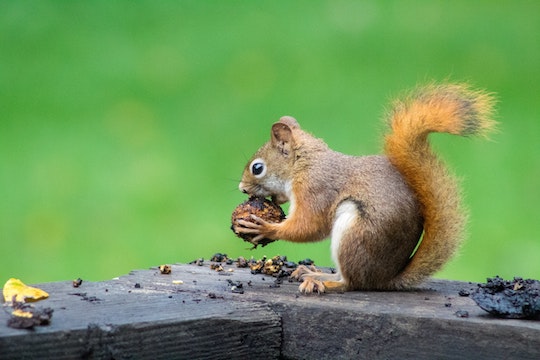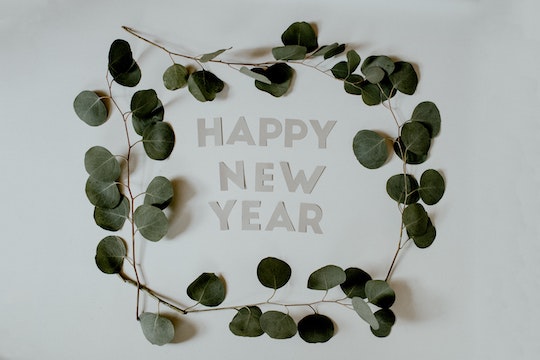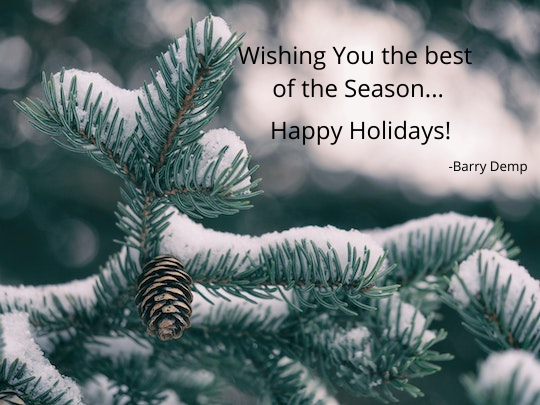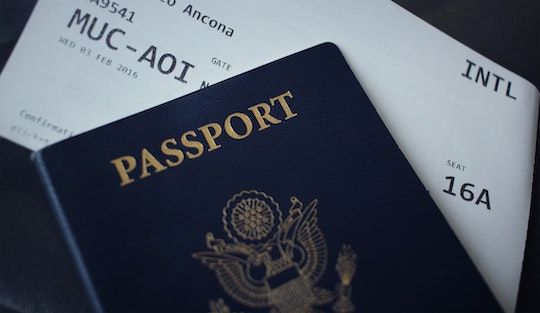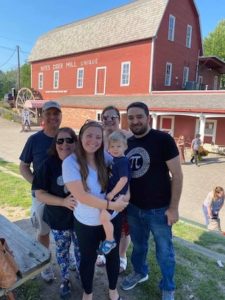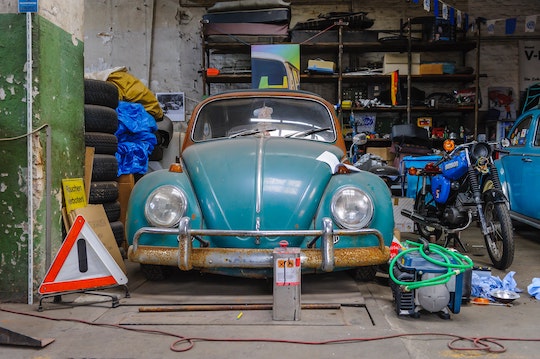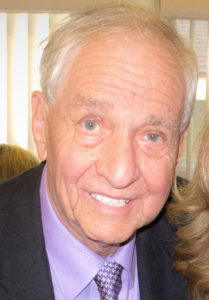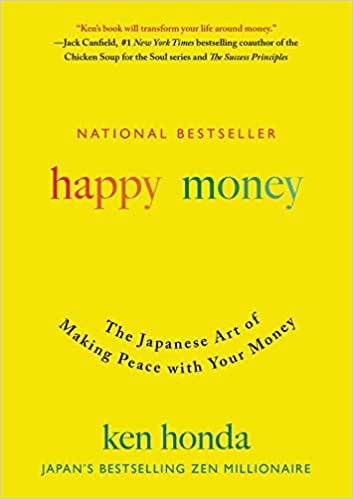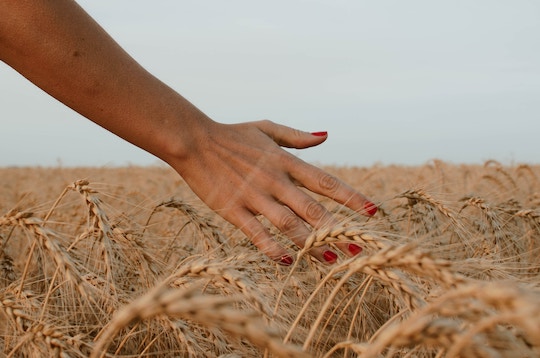“There is a gap between stimulus and response, and the key to both our growth and happiness is how we use that space.”
—Stephen Covey, 20th century American author & educator
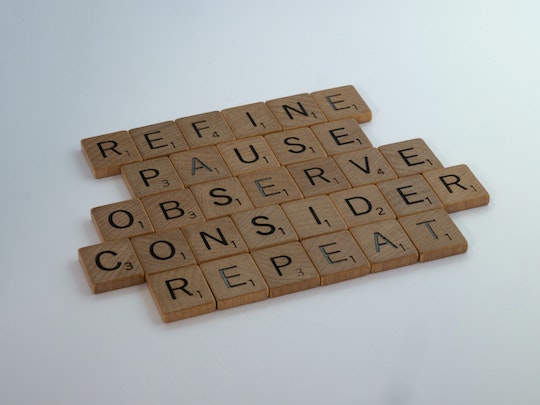
Image from Unsplash by Brett Jordan
This past year has been disturbing and remarkable at the same time. My initial experience of the pandemic and other challenges confronting us was to become angry, frustrated, and down. My world seemed smaller and I felt increasingly confined and limited.
Eventually I stopped looking exclusively outside myself and began a far more intentional and rigorous journey within.
Through numerous practices such as meditation, daily walks, and extensive reading, I found the gaps. I took longer pauses in my thinking and feelings, which provided significant freedom and greater opportunities and possibilities to choose my responses.
Discovering this capacity to be increasingly mindful and aware of my own inner power has enhanced my growth and life satisfaction in many surprising ways.
EXERCISE:
How can and will you use the spaces between stimulus and response to more mindfully navigate life?
I’d very much like to learn about your efforts and progress, and hope you will consider replying to this and future posts.

